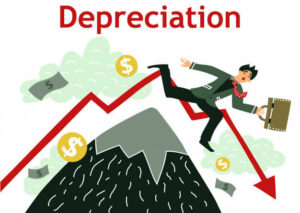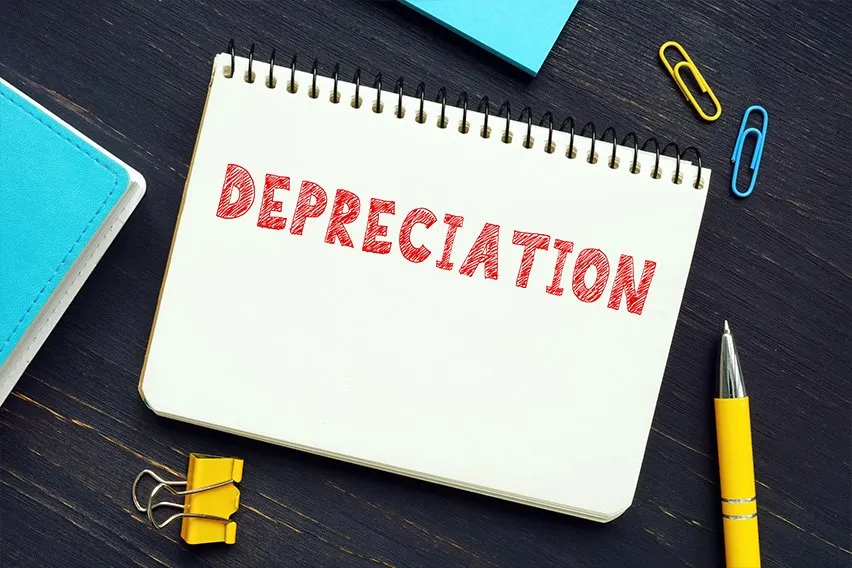![]()

Is depreciation a current liabilities
No, Depreciation is a technique in accounting that spreads the cost of a tangible asset across its useful lifespan. It represents the wear and tear, usage, or obsolescence of the asset over time.
For more information to visit: https://www.incometax.gov.in
Here are the key points to understand about depreciation and its classification in financial statements:
1. Nature of Depreciation:
- Expense: Depreciation is a cost accounted for on the income statement. It reduces the book value of fixed assets over time and reflects the expense associated with using these assets to generate revenue.
- Non-Cash Expense: Depreciation does not involve any cash outflow. It is an accounting procedure that allocates the cost of an asset throughout its useful lifespan.
2. Balance Sheet Classification:
- Accumulated Depreciation: While depreciation itself is an expense on the income statement, the cumulative amount of depreciation charged on assets is recorded as accumulated depreciation on the balance sheet. Accumulated depreciation is a contra asset account, meaning it offsets the gross value of the related fixed asset on the balance sheet.
- Fixed Assets: The net book value of fixed assets on the balance sheet is their historical cost minus accumulated depreciation.
3. Current Liabilities:
- Definition: Current liabilities are obligations that a company expects to settle within one year, such as accounts payable, short-term loans, and accrued expenses.
- Depreciation vs. Liabilities: Depreciation does not represent an obligation to pay cash or settle a debt. Therefore, it does not fit the definition of a current liability or any type of liability.
3. Financial Statement Impact:
- Income Statement: Depreciation expense reduces the reported net income of a company.
- Balance Sheet: Accumulated depreciation reduces the carrying value of fixed assets but does not appear as a liability.
To summarize, depreciation is an expense that reduces the value of fixed assets over time and appears on the income statement, while accumulated depreciation appears on the balance sheet as a contra asset account. It is not a current liability because it does not represent a financial obligation that the company needs to settle within the short term.
FAQs
1.What is depreciation?
- Answer: Depreciation is the reduction in the value of an asset over time due to wear and tear, age, or obsolescence.
2. Is depreciation consider a current liability?
- Answer: No, depreciation is not a current liability. It is an expense, not a liability.
3. What type of account is depreciation?
- Answer: Depreciation is a non-cash expense record in the income statement.
4. Where is depreciation shown in the financial statements?
- Answer: Depreciation is shown in the income statement as an expense and in the balance sheet as accumulated depreciation under assets.
5. How does depreciation affect liabilities?
- Answer: Depreciation does not directly affect liabilities; it only reduces the book value of assets.
6. Is accumulate depreciation a liability?
- Answer: No, accumulated depreciation is a contra-asset account, which reduces the value of the asset, not a liability.
7. Does depreciation create a cash outflow?
- Answer: No, depreciation is a non-cash expense and does not involve any cash outflow.
8. Why is depreciation not consider a liability?
- Answer: Depreciation represents the usage of an asset, not an obligation to pay someone, which is what a liability represents.
9. How does depreciation affect profitability?
- Answer: Depreciation reduces net income by being record as an expense, thus lowering profitability.
10. Does depreciation impact the balance sheet?
Answer: Yes, it reduces the value of fixed assets on the balance sheet through accumulated depreciation.

For further details access our website: https://vibrantfinserv.com
